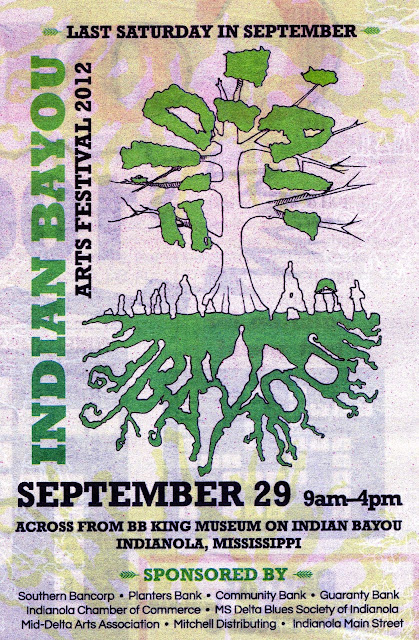“Oh listen you men, I don't mean no harm
If you wanna do good, you better stay off old Parchman
Farm”
-Bluesman Bukka
White
In 1894 the
Mississippi Legislature purchased land to place all
state convicts on and to engage them under state supervision exclusively, in
tilling the soil or manufacturing, or both. This was a transition from the
previous convict leasing system to penal farming. Parchman Prison was established in 1900 when
the Mississippi Legislature purchased 3,789 acres of land (Sunflower
Plantation) for $80,000 from J. M. Parchman, who became the first Superintendent
of the penitentiary. The acreage was
located in north Sunflower County between Drew and Rome, MS.
James Vardaman, Governor of Mississippi from
1904-1908, believed in remunerative labor, especially convict remission. He considered Parchman to be a moral hospital
to treat patients (convicts) with labor and incentives infused with Christian
doctrine. Parchman concentrated all
convicts under a unitary management system and was to be self-sufficient. Convict laborers were divided into field
camps, each growing its own food and cash crop.
The field camps would spread to facilitate proper classification and
confine violence. In 1917, Parchman
consisted of the administrative Front Camp, twelve field camps, a sawmill, a
hospital, a women’s camp, a brickyard, and a carpenter’s camp. Parchman looked
as it would for the next 70 years.
When a convict was installed at Parchman, he
was fingerprinted, photographed, physically examined and Bertillon measurements
were taken. He was issued horizontal
striped duck trousers and duck shirts known as “ring-arounds.” Female convicts were issued button up shirts
and skirts with vertical strips known as “ups-and-downs.” “Trustees,” male prisoners who were armed
guards, were distinguished by their vertical stripes.
Like many prison systems in America, Parchman was
known as a place of fear and violence. Racial
conflict and corporal punishment demarcated Parchman as what William
Faulkner described as “destination doom.” The “Trustee” system and Black Annie
perpetrated the fear and continued violence. Yet, sometimes it is these brutal
conditions that allow people to share their anguish and despair through music and words.
As part of a WPA
project in 1939, John Lomax and his wife, Ruby, recorded work songs and chants
while inmates were performing a group task, such as hoeing the fields as well
as blues songs sung by inmate musicians.
The Lomax's, in part, focused on Parchman at that time because it offered
a particular closed society shut off from the outside world.
Literary
refuge was through The Inside World. The prisoner’s created a monthly
magazine-like newsletter. It was filled with fictional stories, poems, personal
accounts and art by prisoners. The Inside World allowed prisoners to
relate their hopes, disappointments or advice to other inmates and their
families. It was a creative outlet for
expression in an extremely controlled environment.
Parchman
Prison’s history is not pretty or admirable, but it is Sunflower County history
and should be recognized for its influence on not only our community, but the
state.











